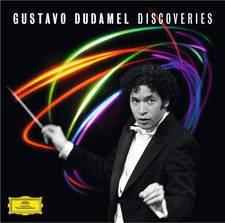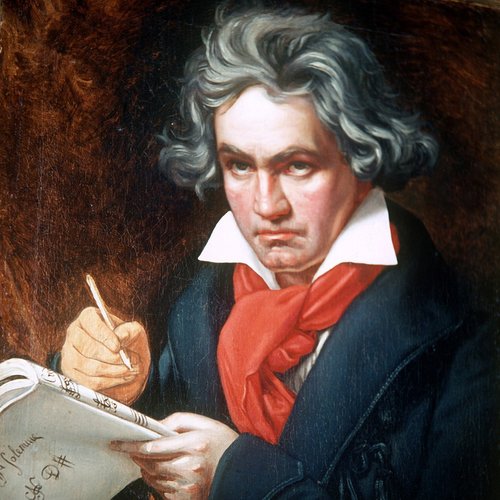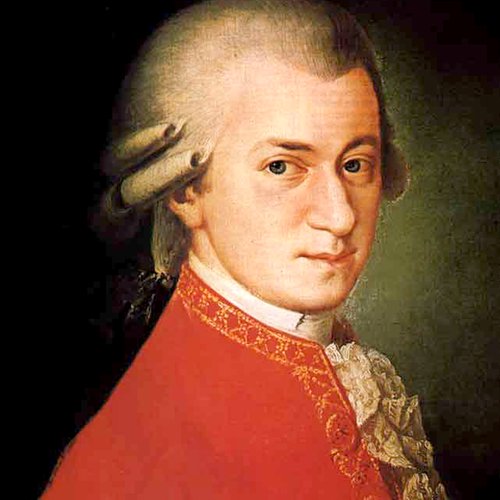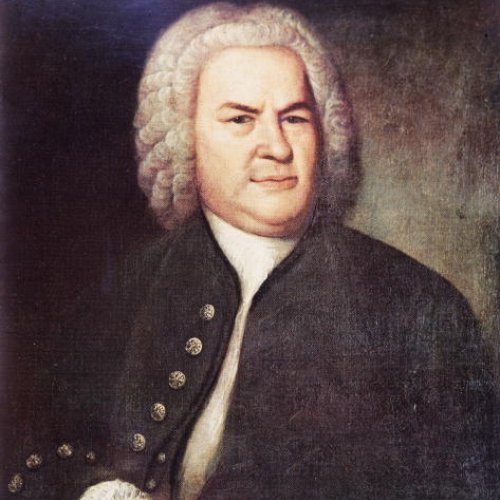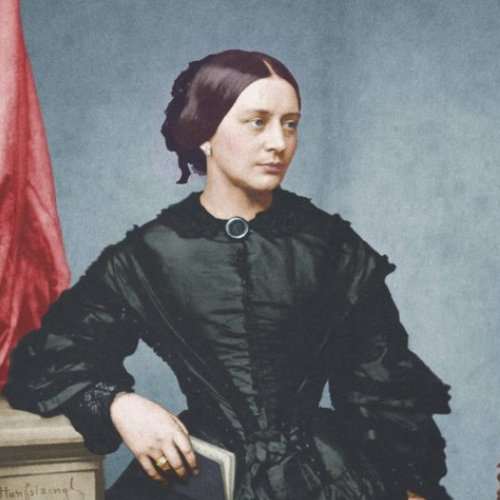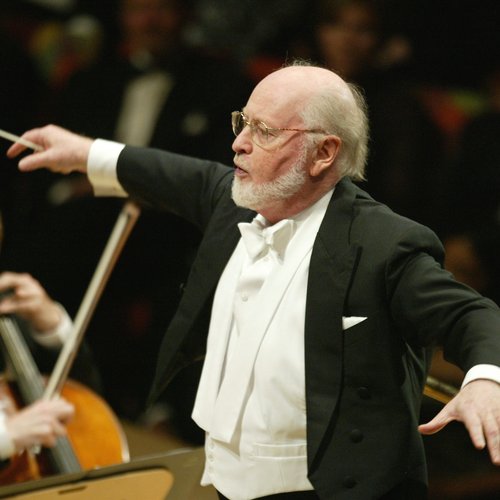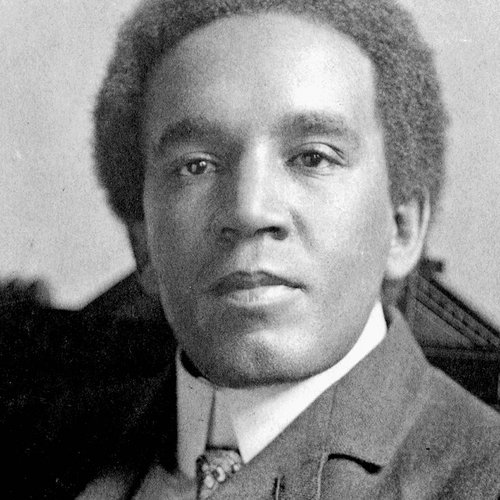Oppenheimer composer thanks parents ‘for giving me guitars, not video games’ in Oscars speech
11 March 2024, 10:11 | Updated: 11 March 2024, 12:18
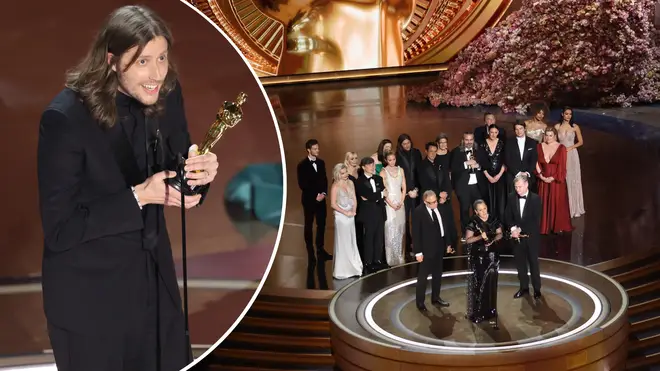
Ludwig Göransson accepted his second Academy Award for his score to ‘Oppenheimer’ in a heartfelt speech thanking his parents for encouraging him to pursue music.
Listen to this article
Christopher Nolan’s Oppenheimer wiped the floor at last night’s Academy Awards, taking home seven Oscars in some of the most prestigious and competitive categories, including Best Picture and Best Director.
In the Best Original Score category, 39-year-old composer Ludwig Göransson beat off fierce competition from John Williams, Robbie Robertson, Laura Karpman and Jerskin Fendrix to seize the golden statue for his suspenseful score to the epic biopic.
In his moving acceptance speech, Göransson thanked director Christopher Nolan and producer Emma Thomas for inviting him to write the score.
Addressing Nolan directly, the Swedish composer said: “It was your idea to use the violin in the score, and it allowed me to work and collaborate with my wonderful wife and acclaimed violinist, Serena Göransson.”
He also thanked his parents, who were sitting in the gallery in Hollywood’s Dolby Theatre, saying: “Thank you for giving me guitars and drum machines, instead of video games!”
Read more: Oppenheimer soundtrack: who wrote the score and why does the violin play such a prominent role?
Ludwig Göransson wins best original film score at the 2024 #Oscars for #Oppenheimer pic.twitter.com/97FTAbcwUY
— The Hollywood Reporter (@THR) March 11, 2024
The win is Göransson’s third nomination and second win at the Oscars, after taking home the award for his score to Black Panther in 2019, and receiving the nomination for Best Original Song in 2023.
Read more: Which film scores have won best soundtrack at the Oscars? All winning scores from the last 50 years
It is also the final feather in his hat after an extraordinary sweep this awards season, which has seen Göransson pick up the BAFTA, Golden Globe, and Grammy Awards for Oppenheimer.
Elsewhere at the Academy Awards, Cillian Murphy won the Best Actor gong for his performance as the titular physicist, with Robert Downey also picking up Best Supporting Actor. The film also won for Best Cinematography and Best Film Editing.
